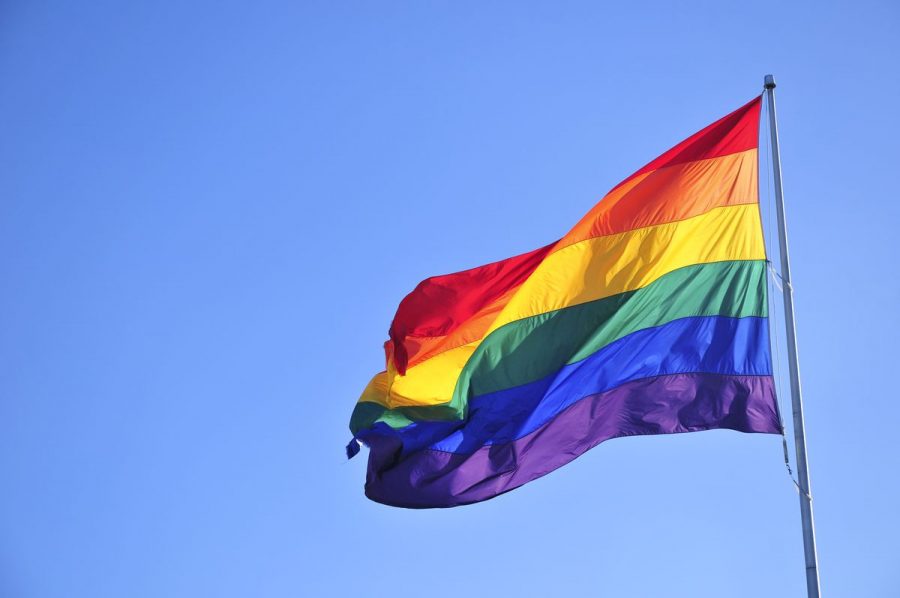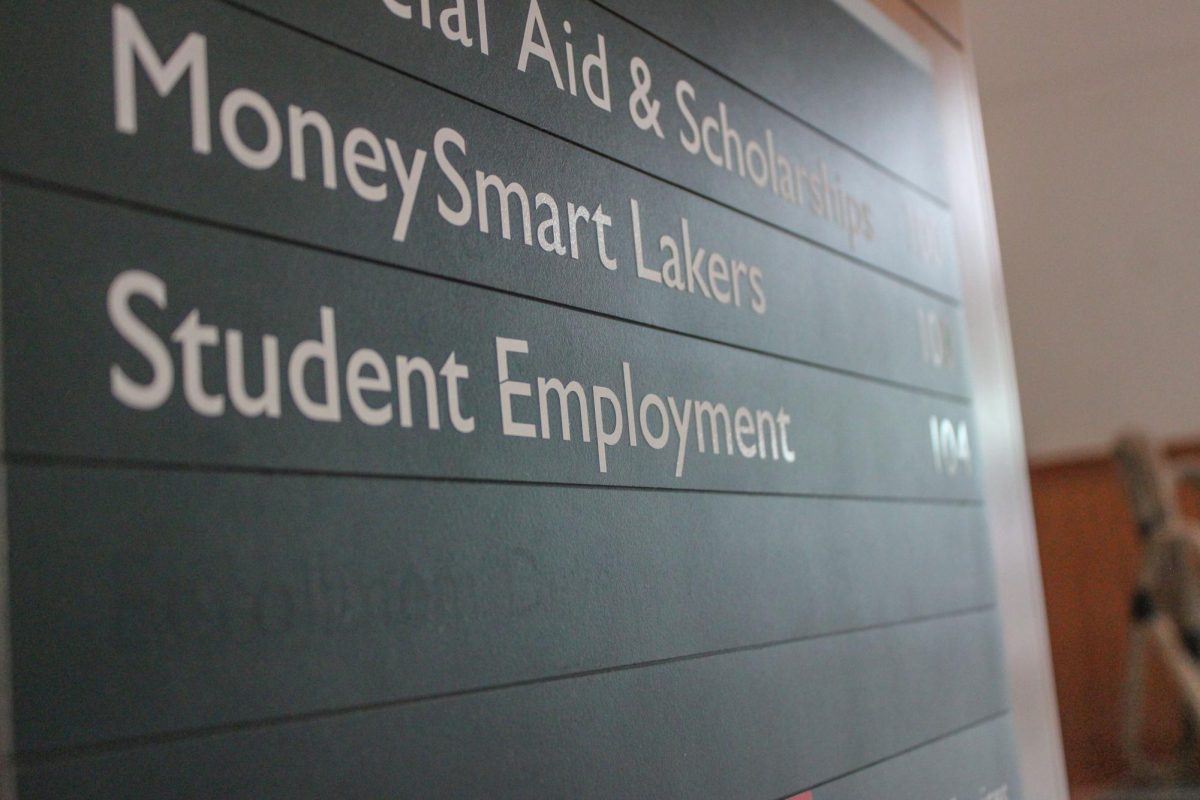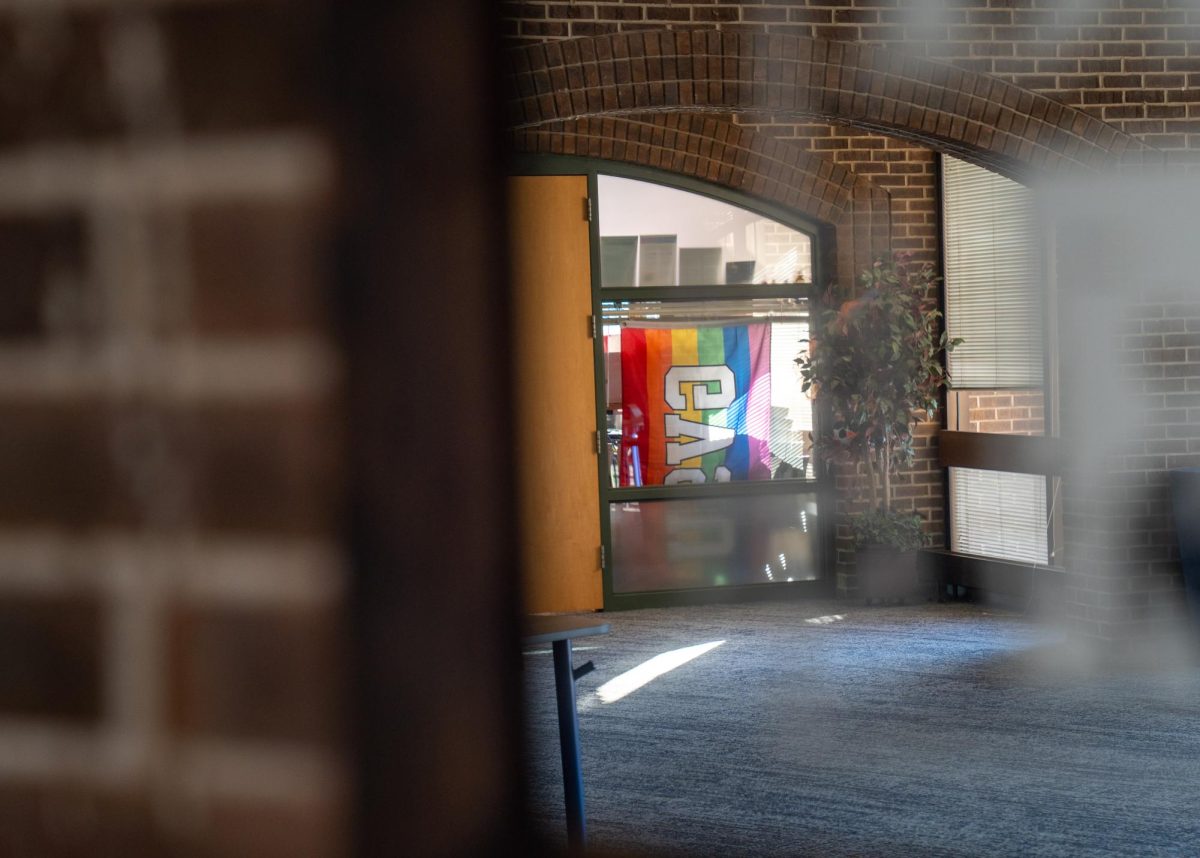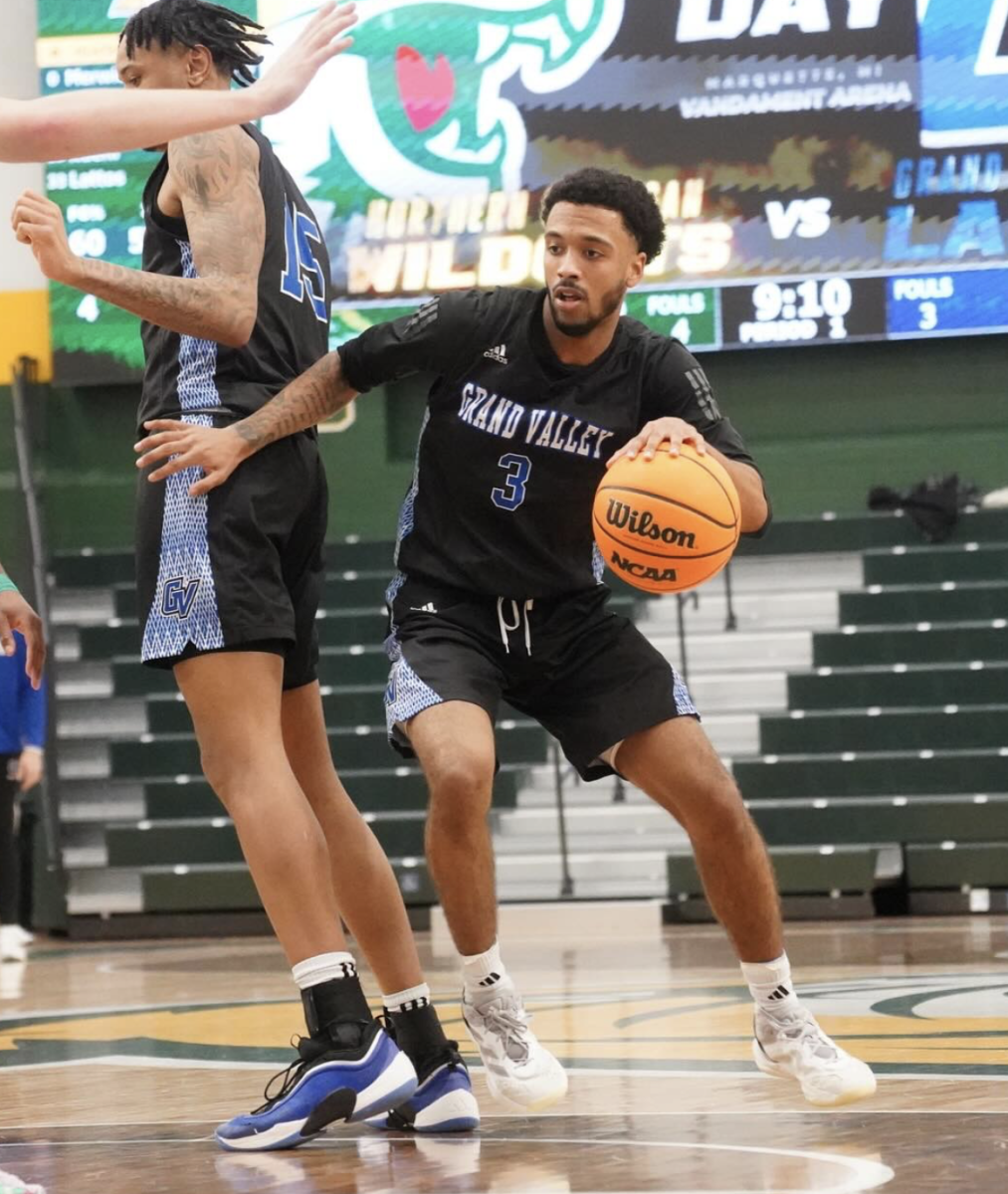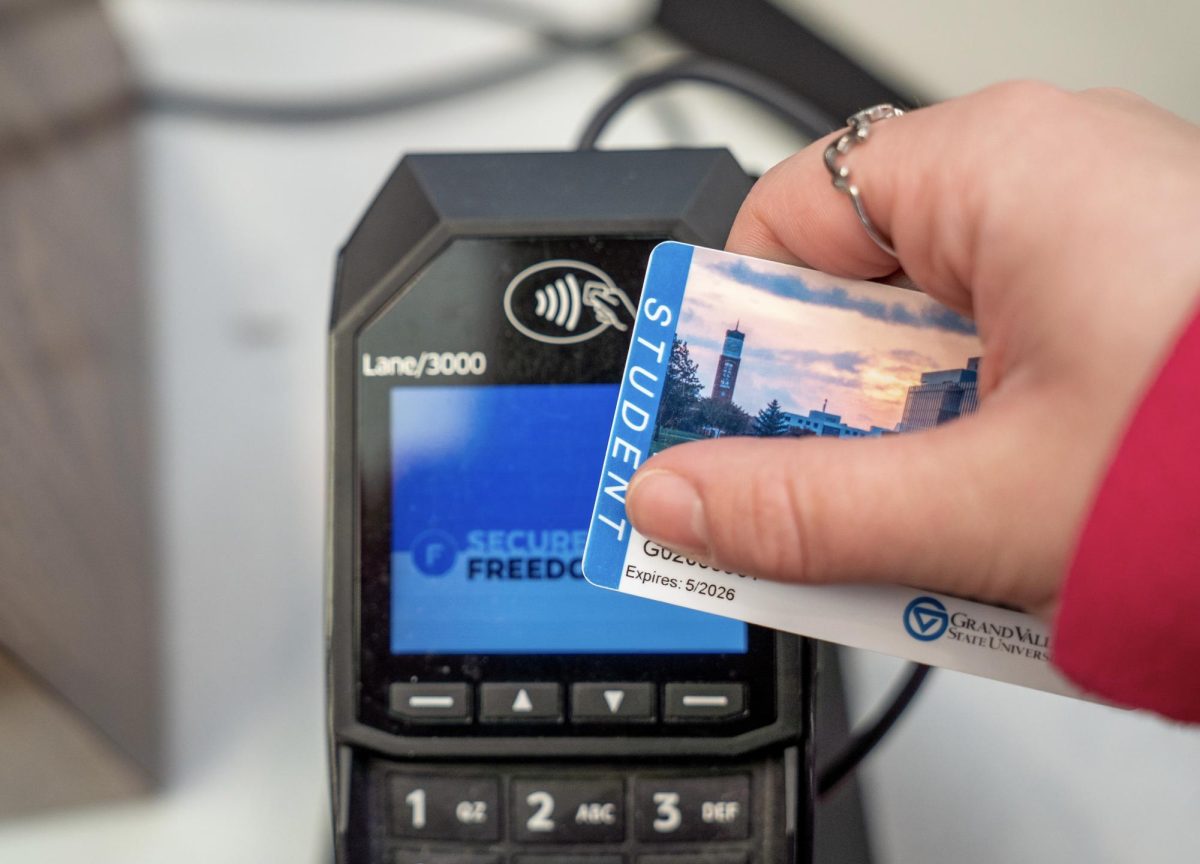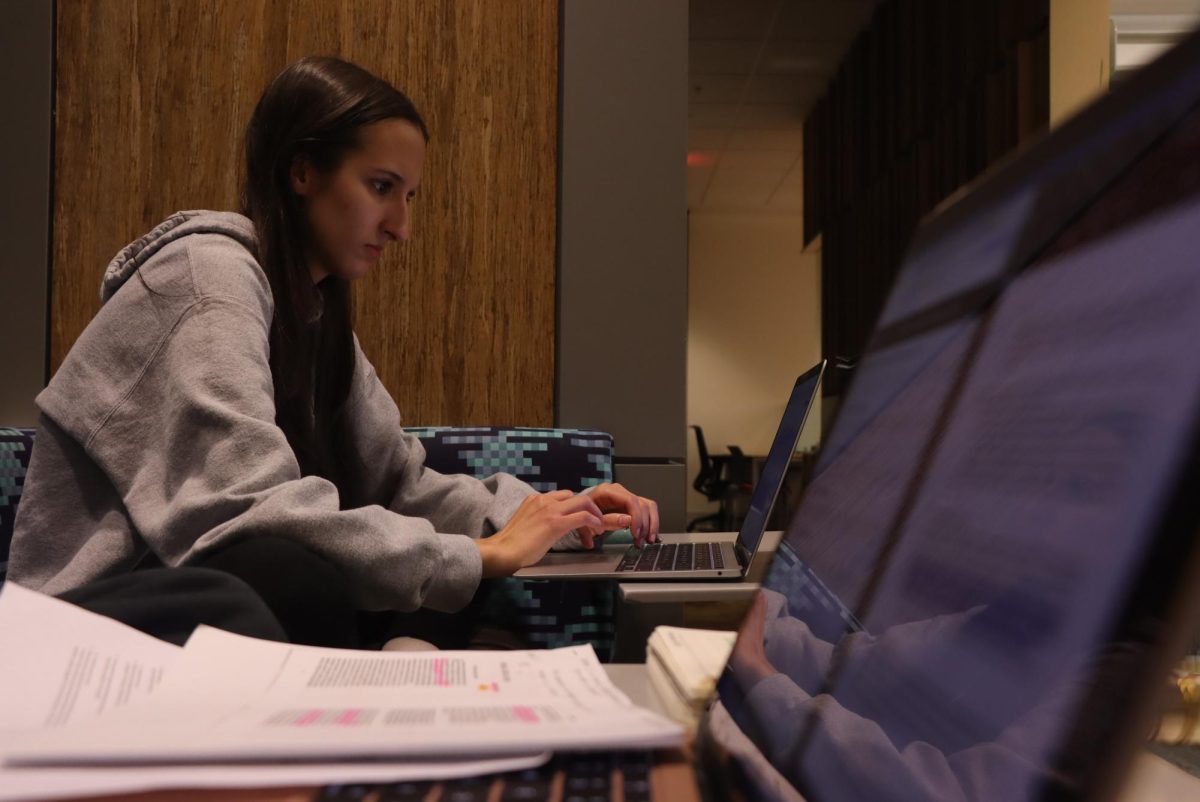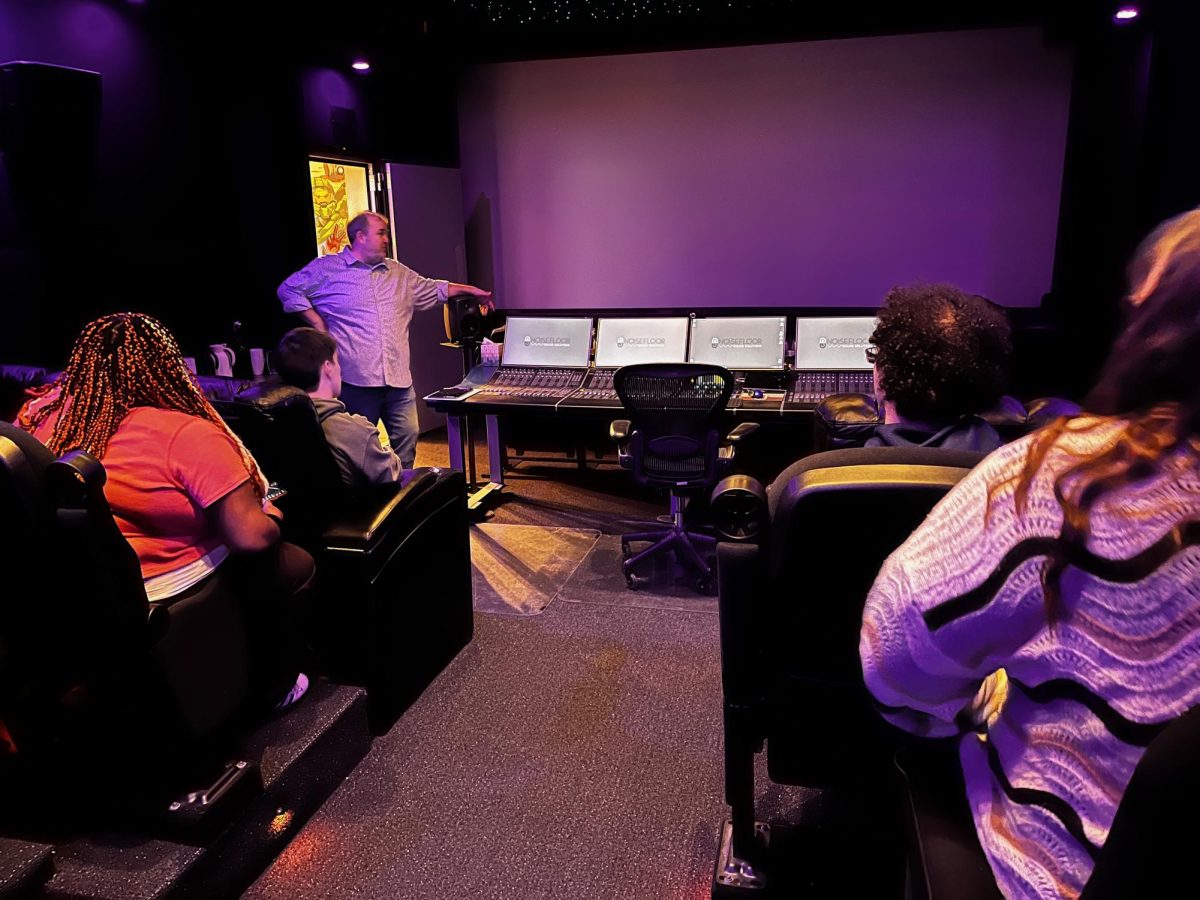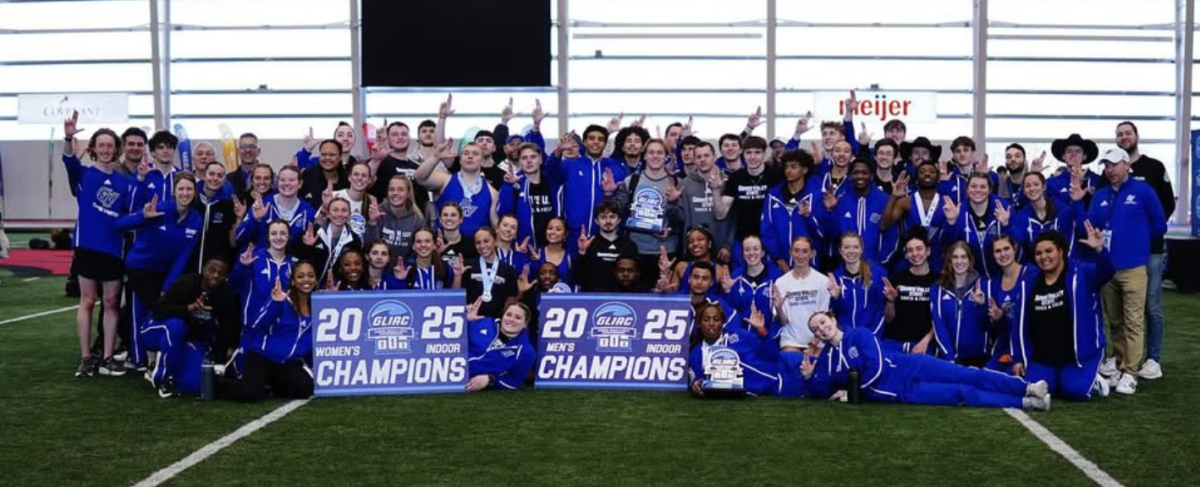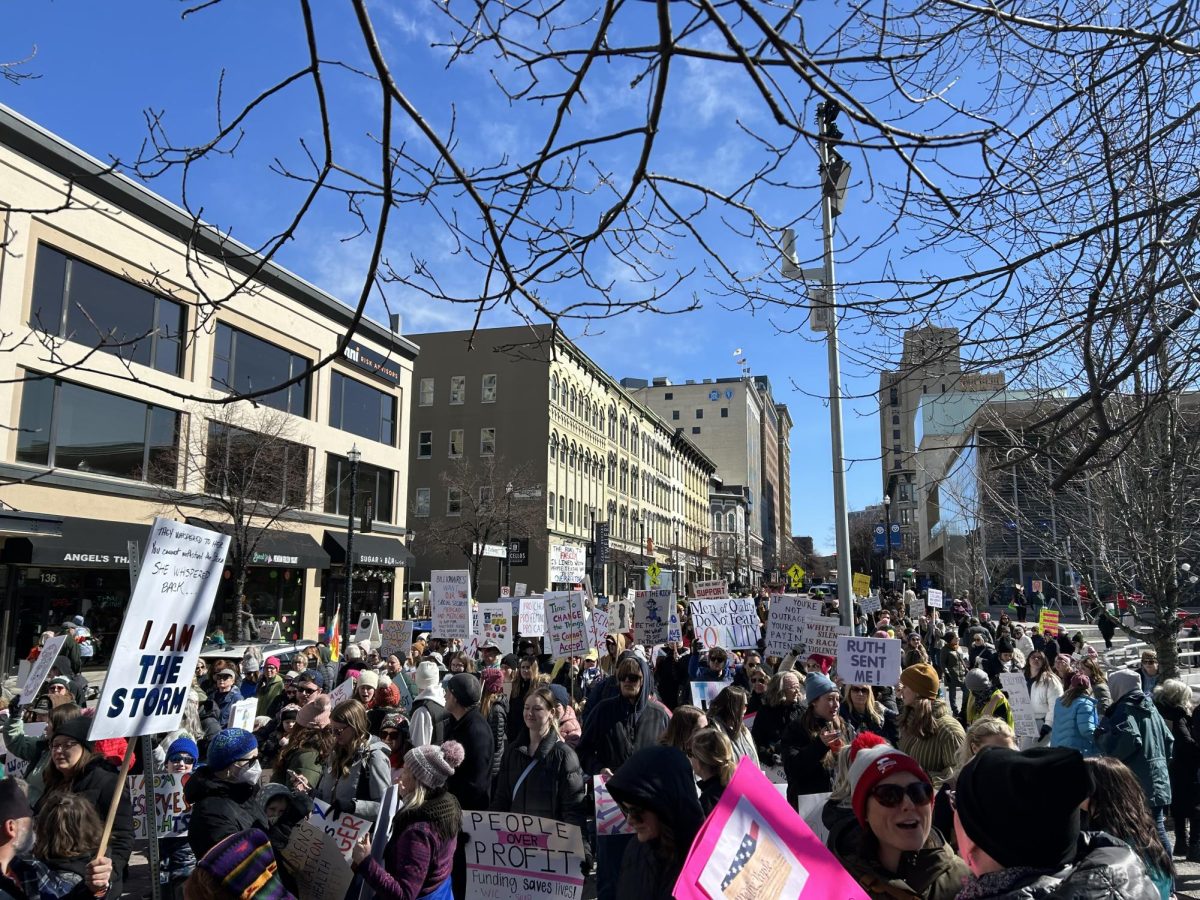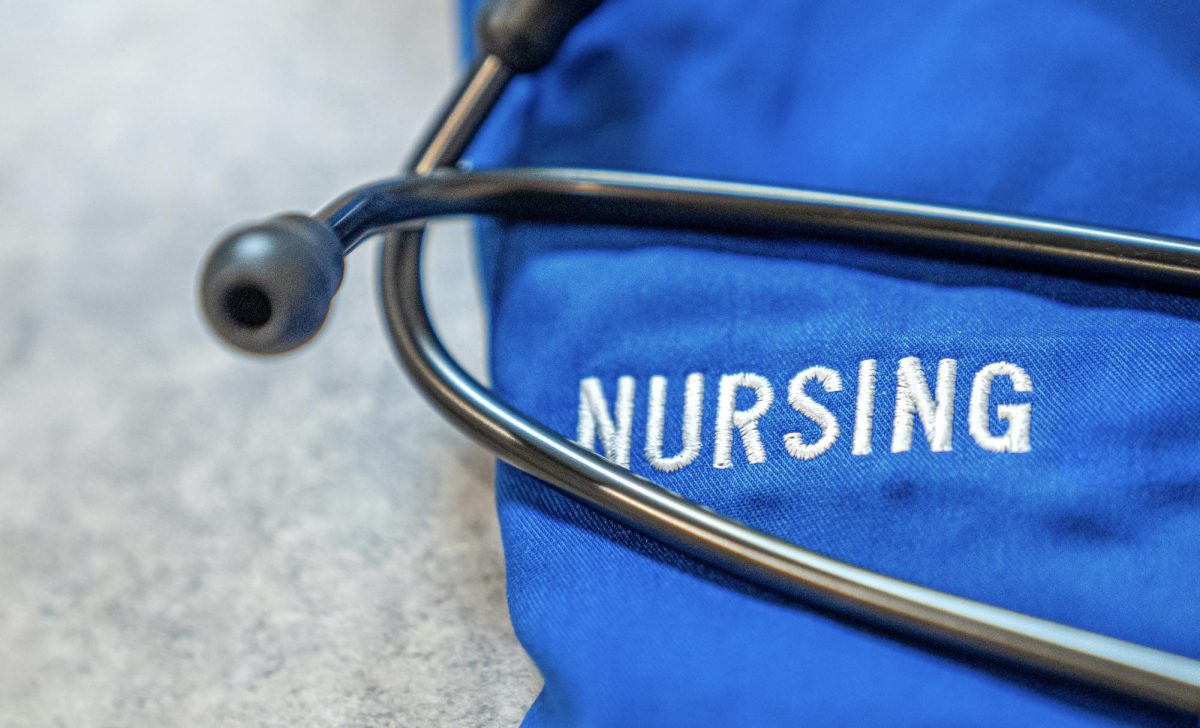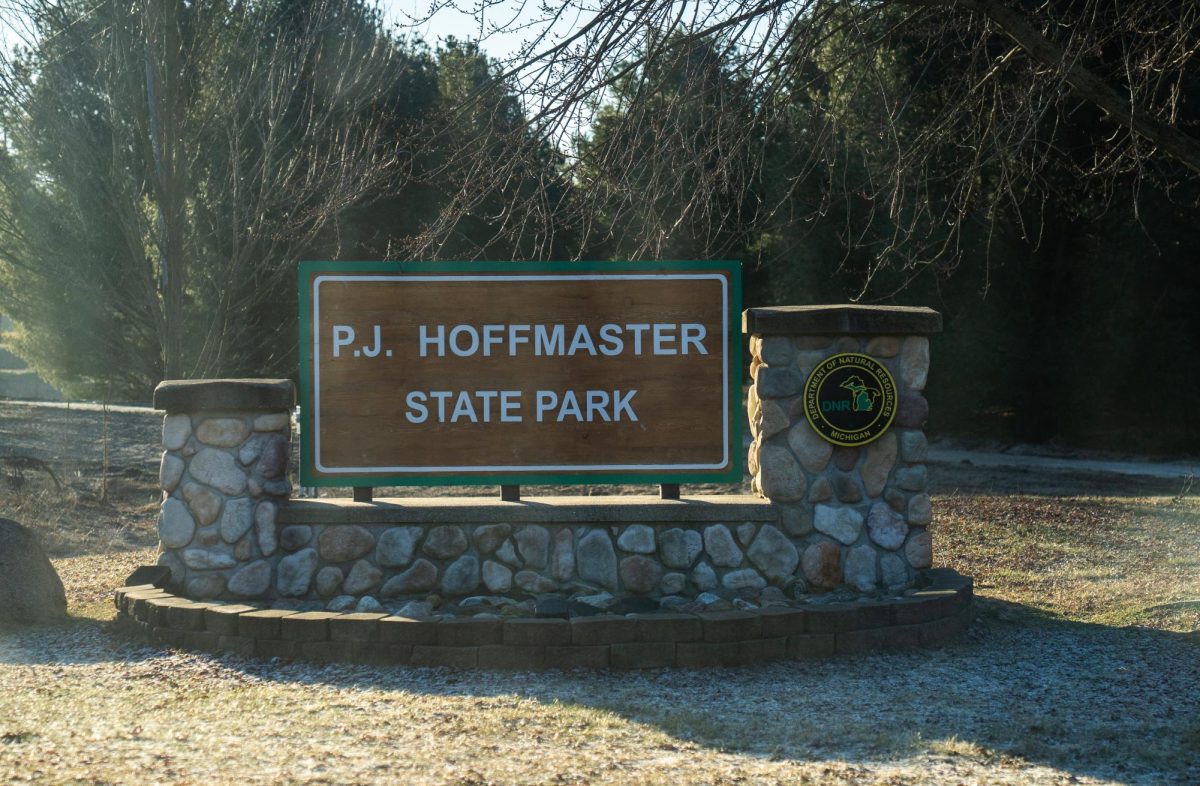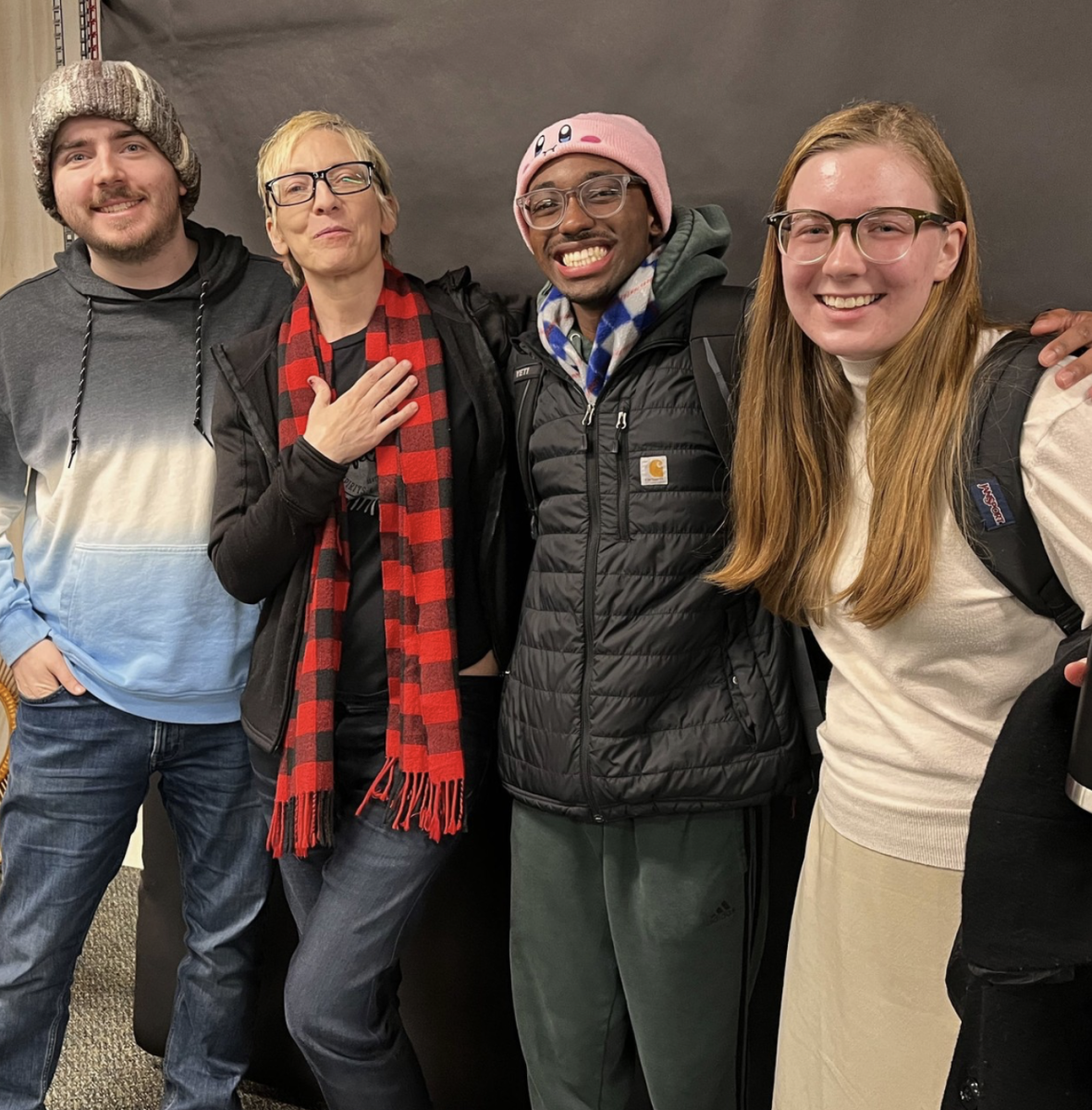LGBT Resource Center reinforces importance of allyship
Feb 22, 2021
On Feb. 19, the Milton E. Ford LGBT Resource Center held an informational session called “Queer and Trans 101: A Virtual Training for Allies.” The meeting, held online through Zoom, invited students from across Grand Valley State University to come and learn more about the LGBT community. Participants learned about the bread-and-butter definitions of the community, as well as taking time to talk over more complicated subjects, such as the differences between sex and gender.
By providing this resource to students, the center hopes that students will learn more about the LQBT community and grow as allies.
“Allies, those who do not identify as LGBTQIA+ themselves but actively support LGBTQIA+ people, have an important role in effecting positive interpersonal, cultural and systemic change for LGBTQIA+ people,” said Jen Hsu-Bishop, director of the Milton E. Ford LGBT Resource Center. “Allies can work alongside those who identify LGBTQIA+ to ensure that all people, inclusive of their sexual orientation and gender identity, are welcomed, affirmed and celebrated.”
The building of an inclusive space on campus is an important facet of the LGBT Resource Center’s mission. Helping allies learn more about the LGBT community is one of the ways they hope to make the GVSU campus more inclusive.
“I believe it’s extremely important for cisgender, heterosexual people to do the work of allyship in making the world, the places, and the people within it, safer and more inclusive and accessible for members of the LGBTQIA+ community,” said LGBT Resource Center Assistant Mark Saint Amour. “It would be a wonderful change to live in an equitable, just society. I cheer on the folks trying to make the world a more LGBTQIA+ friendly place — that is the literal work and action of an ally.”
The way interactions have changed over the past year has made the importance of allies in helping create safe and equitable environments even greater, as an online-focused world brings along challenges.
“Now, marginalized people can be bullied in person and online — it’s as simple as that,” Saint Amour said. “It’s scary. Just because the world has gone digital and technology is rapidly advancing doesn’t mean hate has ceased to exist. If anything, it’s easier to spread. Whether it’s storming our Zoom meetings or the Capital, racism, sexism, cissexism, xenophobia, heterosexism, interpersonal and systemic oppression is still, unfortunately, alive and well.”
The center is working to adapt to this new environment so it can better serve the marginalized and continue building the community and its’ allies.
“The LGBT Resource Center’s programs, meetings, and events have shifted to virtual environments,” Hsu-Bishop said. “We’ve had the opportunity to be more creative about the ways in which we engage students, faculty, and staff while ensuring everyone’s physical safety in light of the pandemic. This is the first year that we’ve used digital platforms to facilitate asynchronous engagement and we’re learning a lot about other opportunities to engage our campus community that will stay with us long after the pandemic in positive ways.”
With trainings and other events, the Milton E. Ford LGBT Resource Center hopes to cultivate a welcoming and inclusive environment on campus, whether it be online or in-person. And no matter the environment, the role of allies in helping build inclusive spaces for everyone continues to be important.





